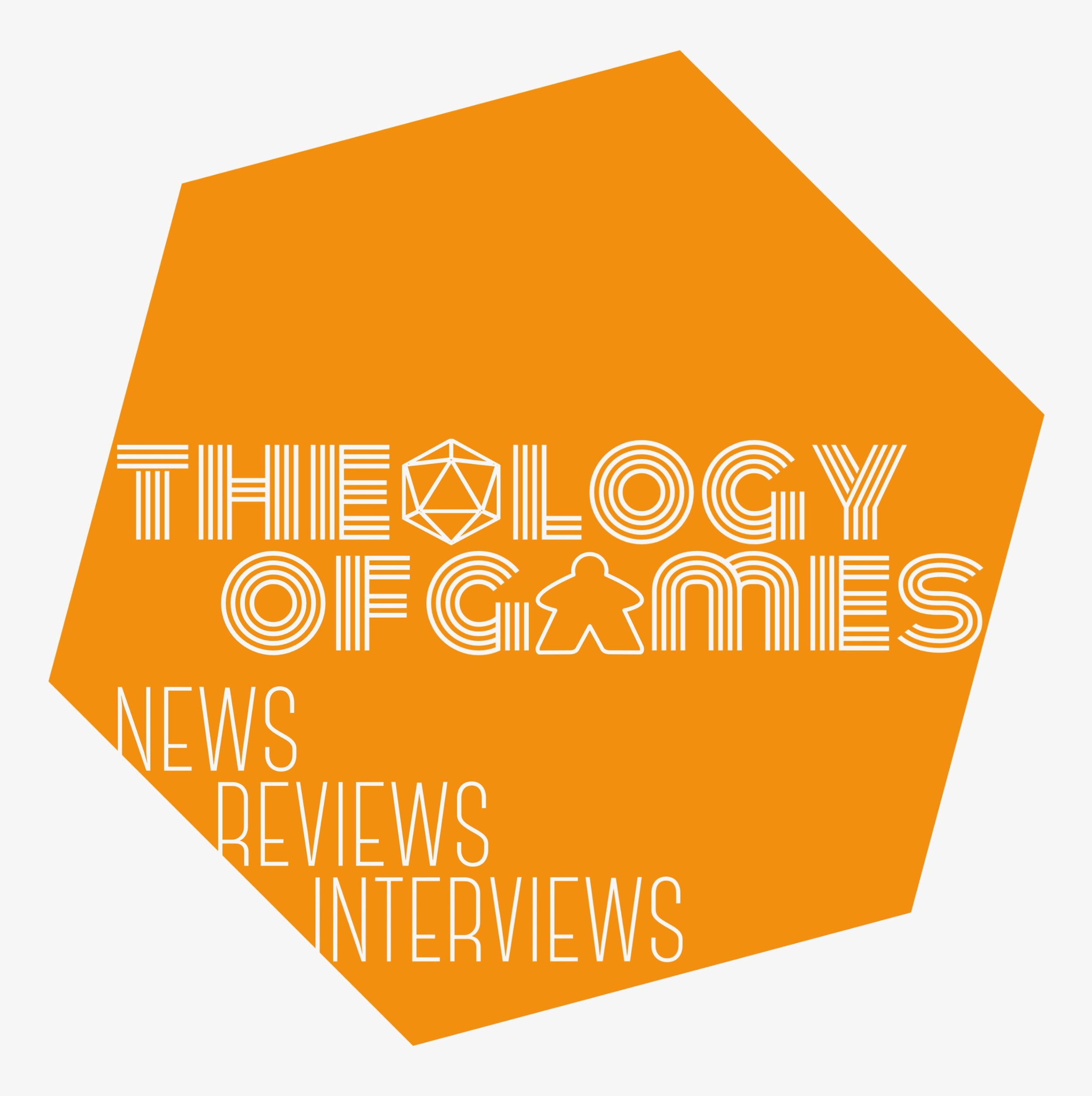A friend of mine recently referred to Battlestar Galactica as the "big brother" to "The Resistance." And in a way there is something to that statement. The intrigue and skulduggery of "The Resistance" is a key component of both games. However BSG adds a few twists and turns, and a little more housekeeping to the mix.
Players begin the game by selecting a character, and then they are dealt a loyalty card. This will tell them whether they are a Cylon, a sympathizer or none of the above. (By the way, I'm writing today as if you have already seen and love the Syfy series by the same name; if you haven't, expect some potential spoilers and please come out from under that rock.) At this point as the game begins everyone is playing as if it were a co-op game, there IS a Cylon among you, but you don't know if that individual is a "sleeper" and doesn't know they are yet, or if they are just acting as if they don't know yet. Yes, you will give your friends many sideways glances.
The game is won by the humans, if the Galactica jumps 8 units of distance, and then performs one last jump. The game is won by the Cylons by several means, most common is depleting any one of the Galactica's resources (food, fuel, population or morale), but they can also destroy the Galactica or successfully board it with centurions.
The basic turn structure, allows you to make strategic moves to help the Galactica prep for a jump to light speed. While handling crises as they come at you, on every turn. All while trying to figure out if you have a Cylon saboteur among you. A crisis is overcome by players submitting skill cards to the crisis. Each crisis card will require a certain amount of certain skills to pass it, and there is a positive and negative reaction for passing or failing the crisis. Players secretly submit their skill cards (Which they receive each turn, based on their characters abilities) to a crisis, along with a few random cards from the "Destiny deck", and add up the skill points. This is where the Cylons have their fun. Each skill card that is from a skill that is NOT required by the crisis counts as negative points towards passing the skill check, and Cylons can always claim that the destiny deck chipped in those random "off suit" cards. Typically the fail reaction results in the loss of a resource point, or the launching of Cylon Raiders.
After a set amount of rounds their is a "Sleeper Round" in which more loyalty cards are dealt out, insuring at this point any Cylons in the game know who they are! Because of this mechanic, simply choosing a character that is a Cylon in the tv series, does not necessarily mean that you will end up being a Cylon during the game. Once the Cylons are outed they are tossed into the brig, or sent to a Cylon location where they can really wreak some havoc!
I have watched the tv series in its entirety more than once; it is probably one of the best science fiction series to hit television...ever. (I know I just made every Star Trek fan hit the ceiling.) That being said, there are a few elements in the show that rubbed me the wrong way. One being the over sexually charged nature of a number of episodes. The other being the strong use of religion and God as a plot device. They often blurred the lines of right and wrong using religion to do so. I didn't have too big of an issue with this—after all, it is science fiction, but if you've seen the last episodes of the series the lines are blurred once again, this time between fiction and commentary.
The good news in all of this, is that the game is filtered pretty well from these aspects of the series, so rest at ease if you choose Starbuck as your character you won't be asked to simulate some lewd act with one of her multiple partners from the series. And the only hint of the religion element appears on Laura Roslyn's character sheet. She has the special ability of "Religious Visions." It makes sense and is in line with the character and her "abilities"—she also has the character trait of "Terminal Illness," so there ya go.
My chief complaint about the game—which may seem petty—is that the skill cards are printed on those tiny little cards that are too small for your hands, and really hard to keep organized! We hates them!
The game box tells you that the game will take about 2-3 hours, and they weren't kidding! This is a game that will be your game night, not just a part of it. I've played with folks who don't know the show, and it is just as enjoyable to them, the twists and turns and pointing fingers and accusations seem to pull players in and it often doesn't feel like it's been a 2-hour+ game.








 Richard Garfield is one of the most influential game designers out there—despite the fact that he’s not very prolific. He'd be influential even if he’d only designed the one game he's best known for: Magic The Gathering.
Richard Garfield is one of the most influential game designers out there—despite the fact that he’s not very prolific. He'd be influential even if he’d only designed the one game he's best known for: Magic The Gathering.






















